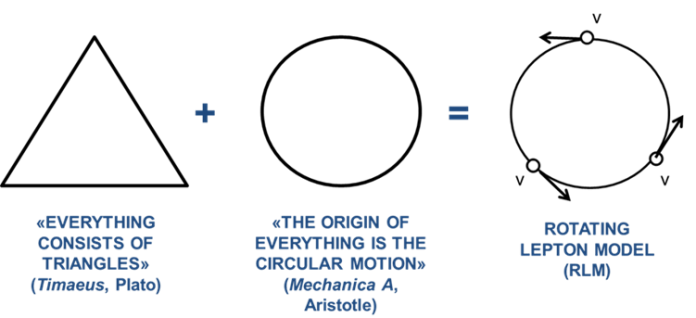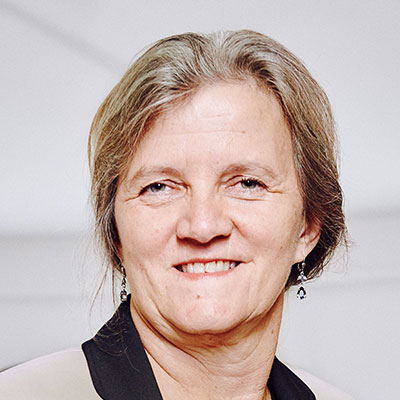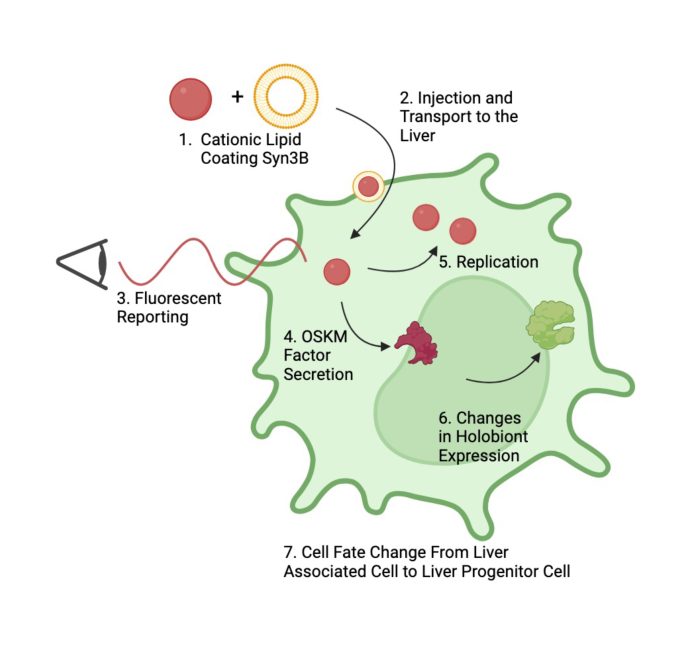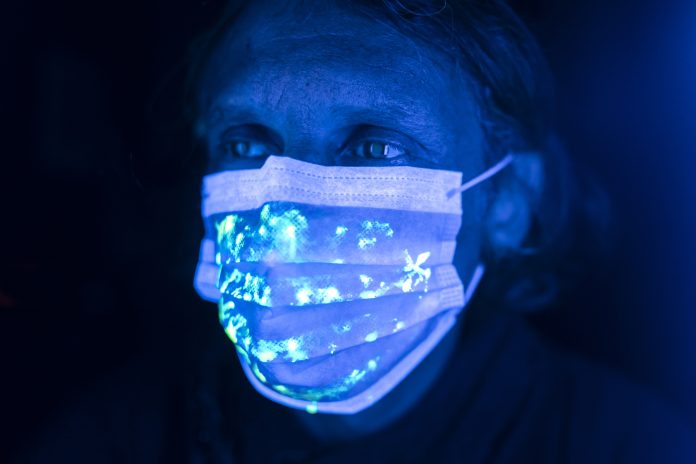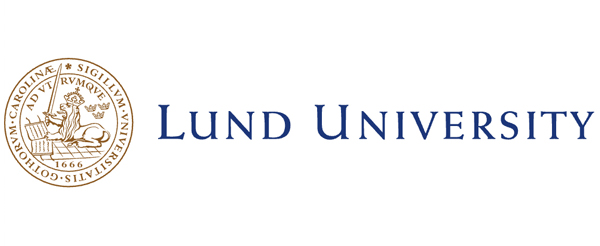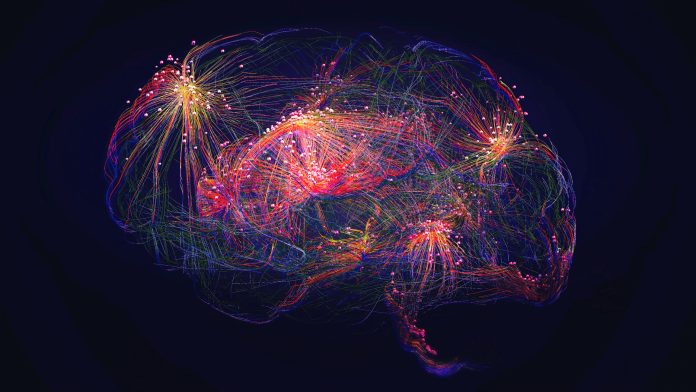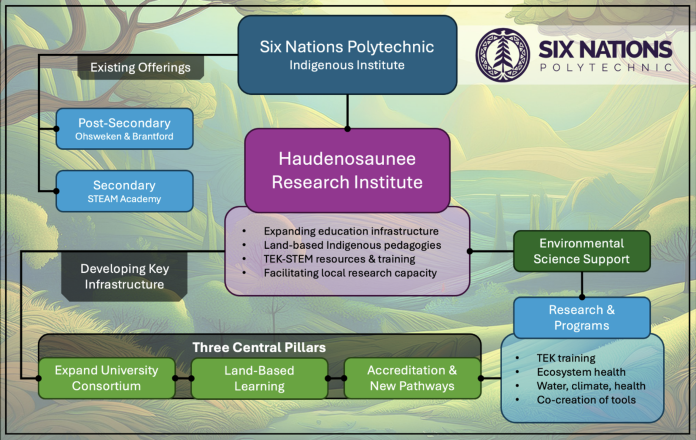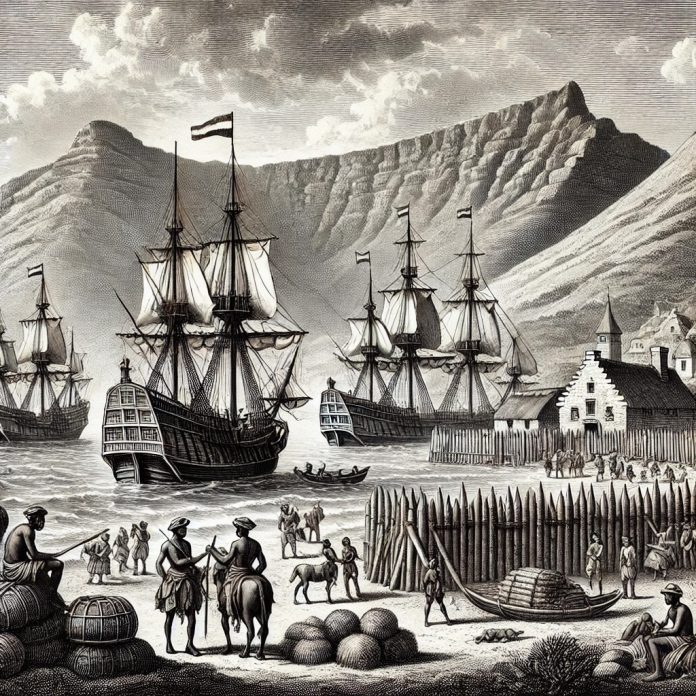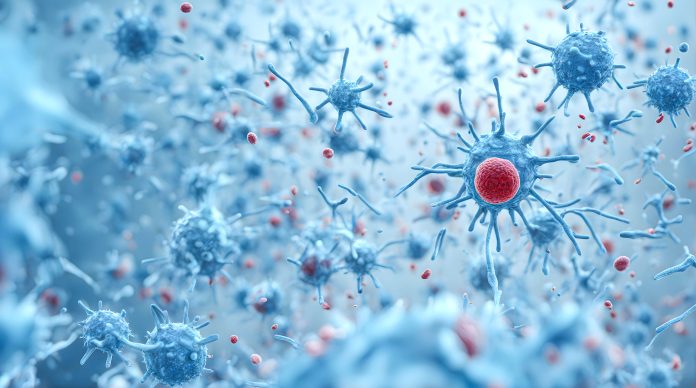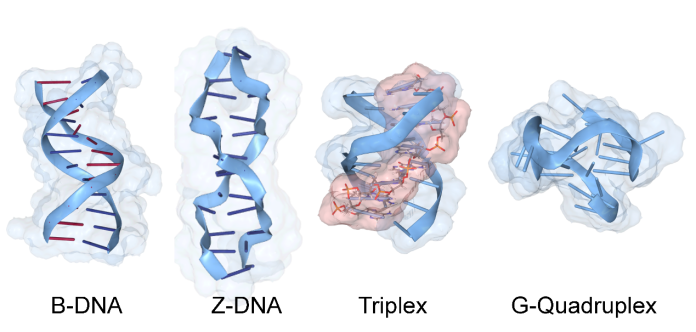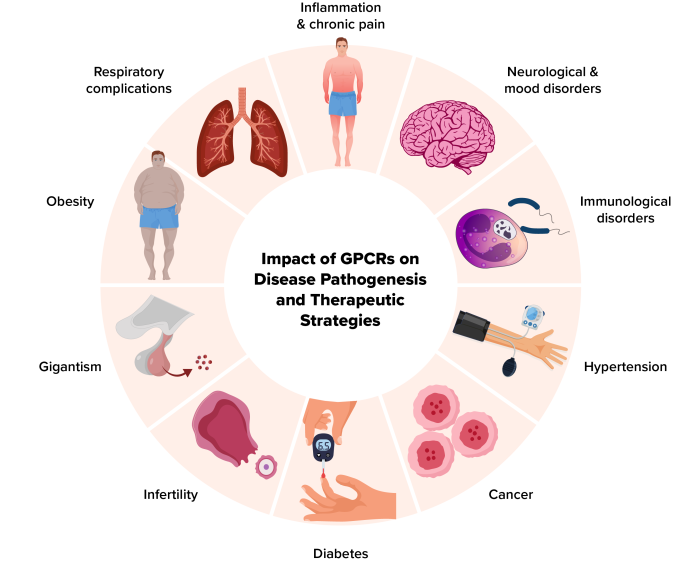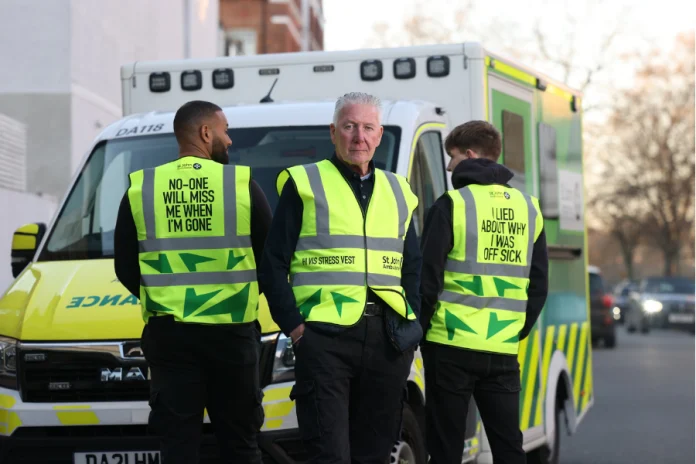Open Access Government produces compelling and informative news, publications, eBooks, and academic research articles for the public and private sector looking at health, diseases & conditions, workplace, research & innovation, digital transformation, government policy, environment, agriculture, energy, transport and more.
Home Search
lead - search results
If you're not happy with the results, please do another search
The role of neutrinos, quantum mechanics and special relativity in baryogenesis
Constantinos G. Vayenas from the University of Patras and the Academy of Athens, explores the roles of neutrinos, quantum mechanics, and special relativity in baryogenesis.
Prof. Dr. Daniela Jacob – Climate Service Center Germany (GERICS)
Prof Dr Daniela Jacob studied meteorology in Darmstadt and obtained her doctorate in Hamburg. Since 2015, Daniela Jacob has been Director of the Climate Service Center Germany (GERICS), an institution of the Helmholtz-Zentrum Hereon.
She is also a visiting professor at the Leuphana University of Lüneburg. She was the coordinating...
Tracing evolution’s blueprint: Minimal genome life and the engineering of synthetic endosymbiosis
Roksana Riddle and Christopher H. Contag from Michigan State University discuss the concept of endosymbiosis, how it has evolved, and present strategies to engineering endosymbionts and their applications in developing innovative therapies.
Revolutionising indoor air quality to stop pandemics with Germicidal Ultraviolet (GUV) technology
Indoor air quality is a silent public health crisis, harbouring pathogens that contribute to billions of illnesses annually. Addressing this requires urgent attention, and Germicidal Ultraviolet (GUV) technology offers a powerful solution to combat airborne threats.
UK government proposes ban on heather burning to protect peatlands
The UK government has revealed new plans to improve the protection of peatlands, focusing on banning heather burning on upland peat areas.
Why black holes cannot exist?
1) INTRODUCTION:
When E. Beltrami introduced in 1892 the six stress functions Φij = Φji wearing his name and allowing to parametrize the Cauchy stress equations of elasticity theory in space, he surely did not know he was using the Einstein operator introduced by A. Einstein in 1915 for general...
AI tool could speed up coeliac disease diagnosis
A new study funded by the National Institute of Health and Care Research (NIHR) has shown that an artificial intelligence (AI) tool can accelerate the diagnosis of coeliac disease.
The Department of Economic History at Lund University
The Department of Economic History at Lund University is the largest economic history department in the world. Situated within the Lund School of Economics and Management, the department offers an interdisciplinary approach to studying economic history, combining insights from economics, history, political science, sociology, and other social sciences.
UK Government and CPE agree on record funding deal to expand pharmacy services
Patients will benefit from new pharmacy services, as the Government and Community Pharmacy England (CPE) agree on a £617m investment.
European Commission policy priorities
This overview by Open Access Government examines the priorities of three departments within the European Commission. It covers topics such as tech sovereignty, security and democracy, social rights and skills, quality jobs and preparedness, as well as the cohesion and reforms portfolios.
New Super-Turing AI mimics human brain
Artificial intelligence has already proven its skills in handling complex tasks that would take humans a lifetime to complete, from analysing large amounts of data to performing complex calculations.
Towards Haudenosaunee research sovereignty: Investing in local research and training to support community development
The article emphasizes the importance of Indigenous Research Governance in Six Nations of the Grand River, addressing the harmful historical effects of academic research on Indigenous Peoples and advocating for structural changes that promote Indigenous data sovereignty and community ownership of research.
Rebecca Jamieson – Six Nations Polytechnic
Tuscarora Nation, Eel Clan, is the President-CEO Six Nations Polytechnic (SNP) and a resident of Six Nations. Jamieson is a distinguished and recognized leader in Indigenous education in Ontario and Canada, and an influential champion for the preservation of Indigenous languages. Jamieson has developed the SNP Indigenous Knowledge (IK)...
Quantitative panel studies of the political economy of the cape colony
Erik Green, Professor at Lund University in Sweden, investigates the legacy of a settler colony by focusing on quantitative panel studies of the political economy of the Cape Colony.
Global HIV response: Study warns of setbacks in HIV fight due to funding cuts
A recent study published in The Lancet HIV, conducted by the Burnet Institute and WHO, showed a critical issue regarding funding cuts on the global HIV response.
Training your genome
Founder and President of InsideOutBio, Alan Herbert, explores the evolving understanding of genome information storage, and the significance of repetitive sequences called flipons in genome training. These flipons can alter their shape without breaking DNA and are vital in cell biology, especially in responding to environmental stress.
AI-driven innovations in GPCR ligand synthesis for treating inflammatory diseases
This article explores the significance of G Protein-Coupled Receptors (GPCRs) in therapeutic drug development and strategies for advancing GPCR-targeted therapies, including the use of agonists, antagonists, biased agonism, and allosteric modulators.
Schneider electric addresses sustainability challenges for government use of AI
The potential for AI to deliver a new generation of citizen-centric public services and efficient governance is too great to ignore, but how can it be done while decarbonising and ensuring sustainability goals?
7 in 10 builders say ‘too difficult’ to talk to a depressed colleague
St John Ambulance today launches the Hi Vis Stress Vest campaign to get builders to open up about their mental health, after new research* reveals nearly seven in 10 have suspected a fellow worker was suffering from serious depression .
How can carbon capture surfaces help the planet?
Beth McDaniel, JD, President of Reactive Surfaces highlights the potential of Carbon Capture Surfaces (CCS), an innovative and affordable of method using algae for CO2 removal, addressing the urgent need for scalable solutions to combat climate change.

